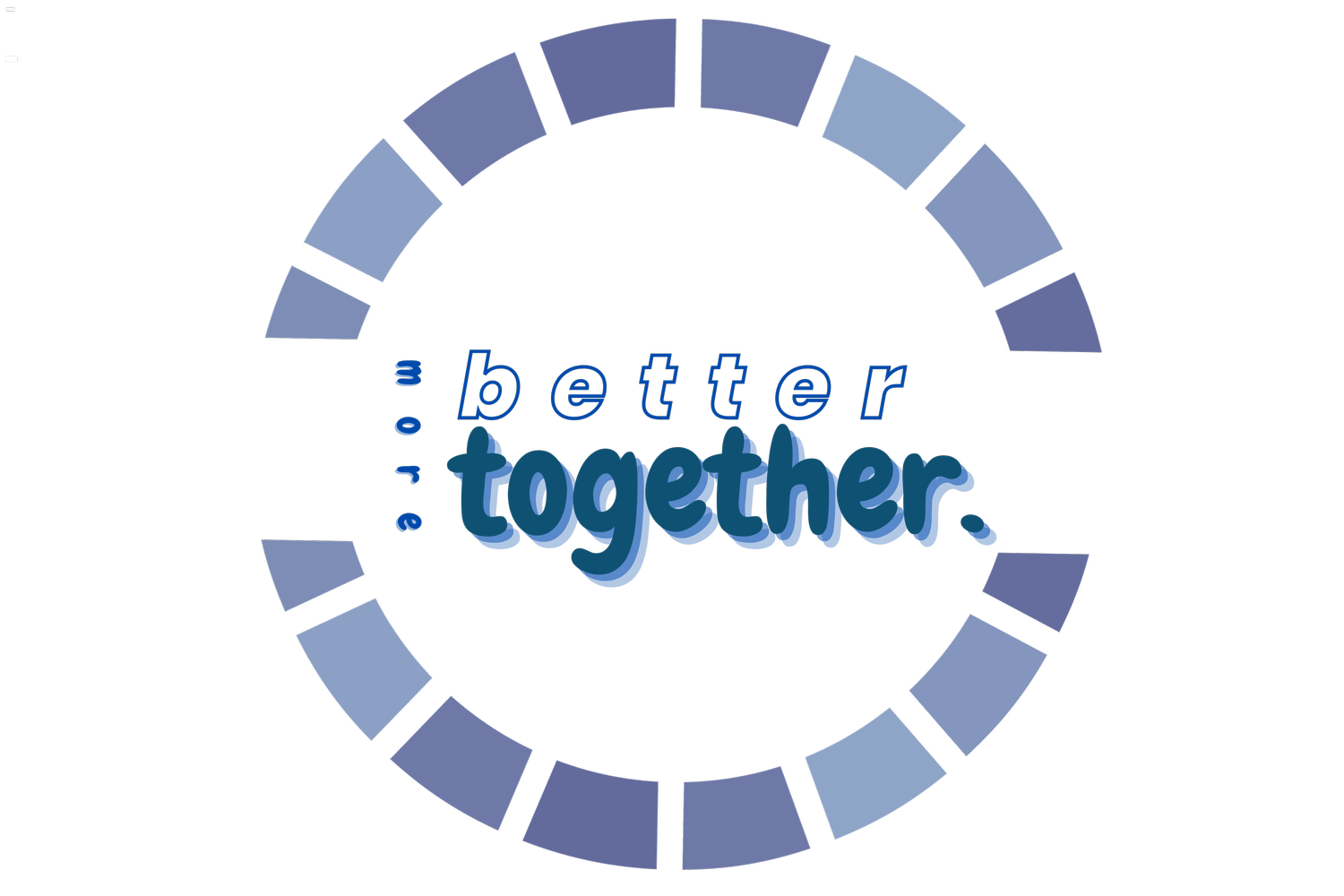FutureWork.
Gog Soon Joo is the Chief Futurist, Chief Research Officer and Chief Skills Officer at the
SkillsFuture Singapore Agency, and has held a number of posts in Singapore government.
She leads a team of Jobs-Skills Analysts, Data Scientists, and Futurists, to identify global
trends that impact business, jobs and skills. Soon-Joo and her team work with local and
international partners to prototype solutions in the areas of future of work, future of learning
and future skills. Her research interests include capitalism in the digital economy, new
economy firms, skills ecosystems and skills policies.
Craig Vezina Interview with Soon Joo (abridged), May 17, 2020
Soon Joo: I think most of us recognize that the front end loading of education and learning the model has expired, which is like: you go to primary school, secondary school, high school, college and there you are going to be very productive in the workplace.
I think that model, everybody recognizes, is expired because typically sometimes at the time of graduation you already didn’t top up to the skill set. It’s not because the school is unable to catch up, but maybe because our interest has changed. You want to go in a particular area of interest and having a degree doesn’t mean this is the job you’re going to go into.
In the future, learning has to be ongoing...all the time. And, in Singapore, over the last few years, we have changed the mandate of university in polytechnic and technical institutions to say that instead of seeing themselves as pre-employment education institutions, they are actually lifelong learning institutions.
And the relationship they have with their graduates and the workforce is not in that few years with the institution let’s say four year college degree or three years as a diploma, but it’s lifelong. Your relationship may be 20, 30, 40 years because the individual may need to come back to the school, the institution to recharge themselves for more juice. And I thought that’s a very interesting model to say I’m their lifelong learning partner, I’m the lifelong learning institution.
So, in Singapore this has started to change and the university and the polytechnic and the institute technical educations has started to look into how to have more resources and focus to put into continuing education and training for adults in the workforce. And they also start to think about how can they help their undergrads to have adequate work experience, that learning took place at workplaces, that will give them the kind of legs up as compared to those who are fresh from school that have no working experience at all. So, the work study kind of concept has taken roots in Singapore, we try to see more and more of this kind of program where students spend an adequate number amount of time in the workplaces learning from the best practitioners in the industry, from the company who are movers and shakers.
I think these are things that started to change, at least in Singapore. We see that the kind of learning and curriculum is a co-creation between industry, the employee, employers and the schools coming together to do so. I think this is the best way for us to know what the latest thinking in the market is. For example, technology changes so rapidly, machine learning, AI, blockchain are created and refreshed all the time by the industry, not less so from the institution, although institutions may still be doing undertaking research. But I think we need to see the complementary role of the kind of skill ecosystem, the kind of responsibility to educate the workforce is not just solely that of education institutions and play a very big part as well.
